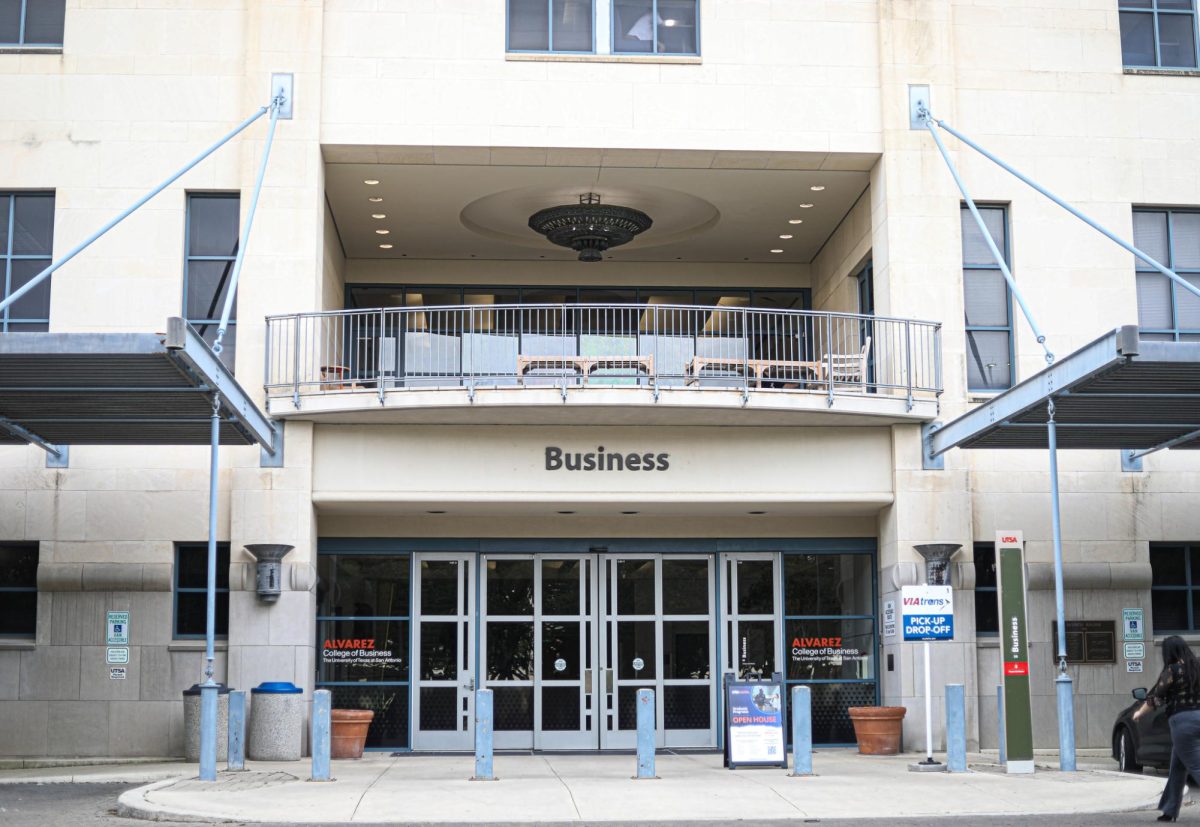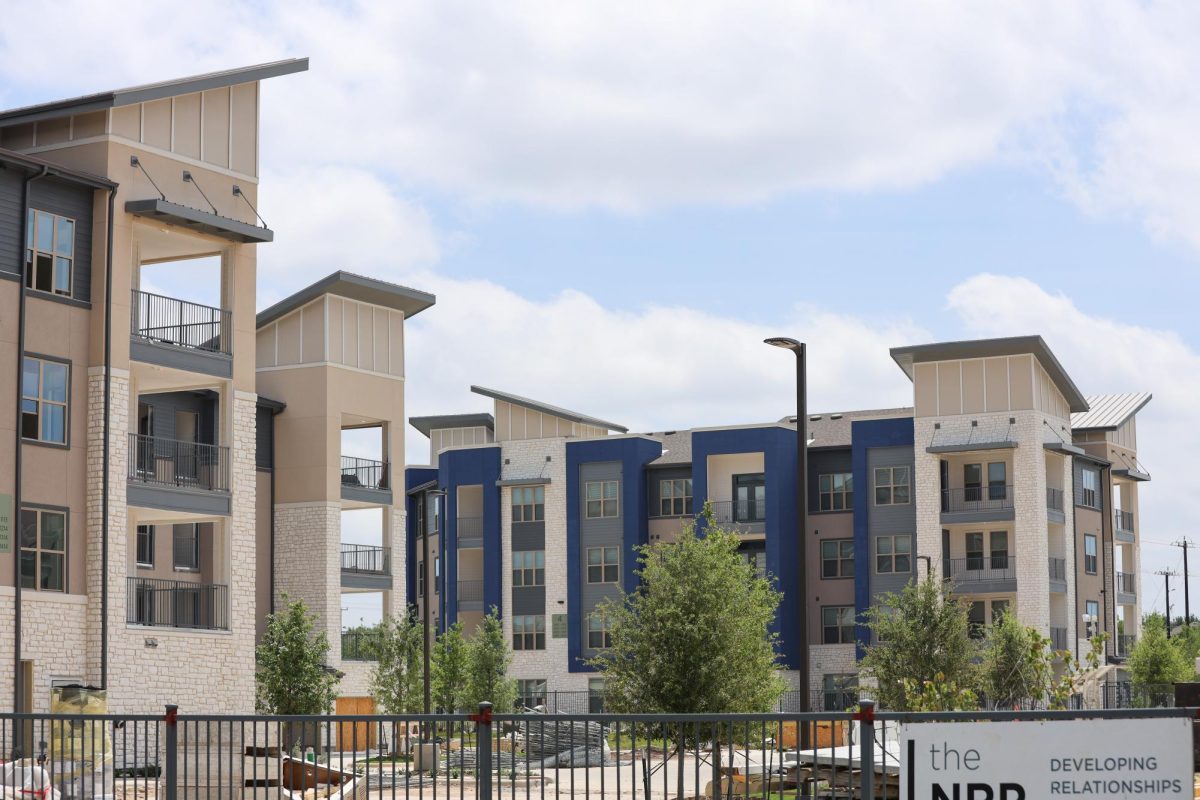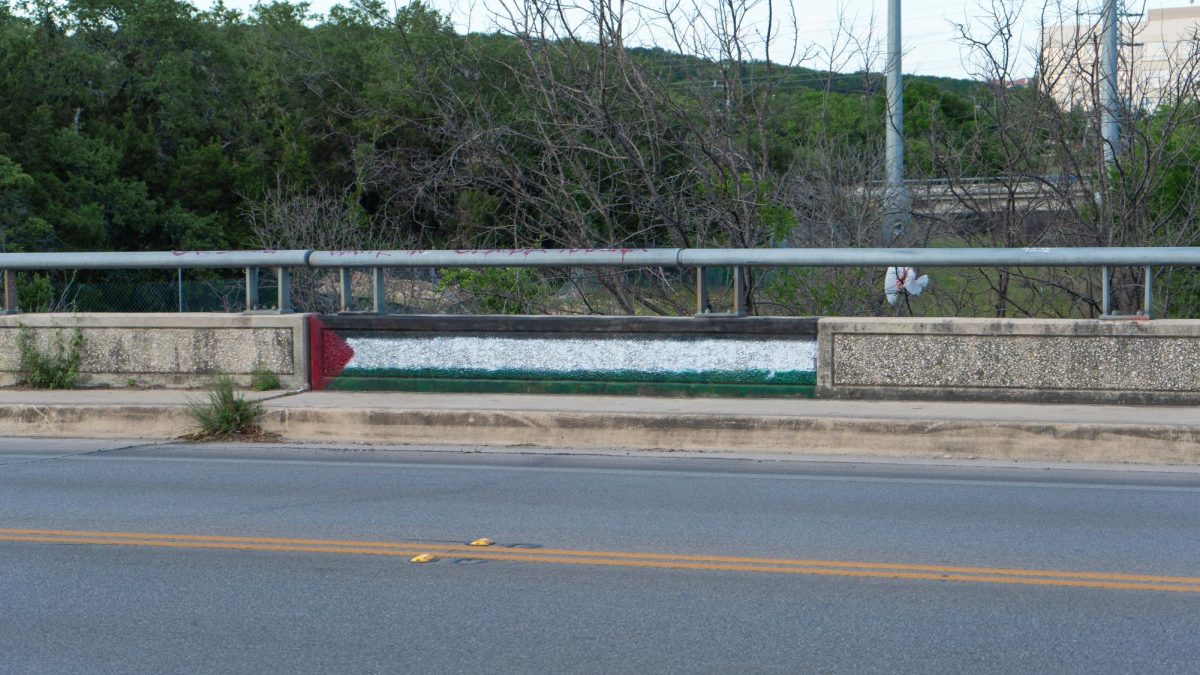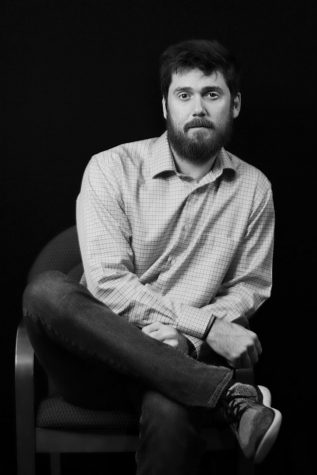UTSA and the San Antonio Express-News hosted a town hall meeting to discuss education funding in Texas at the Buena Vista Street Building Theater located at UTSA’s downtown campus on March 21. The town hall meeting addressed Texas’ school funding via property taxes and Texas’ new legislation, House Bill 3, which aims to improve the relationship between the increasing taxes that communities pay, relative to Texas’ school funding.
The town hall consisted of a three-member panel: Kara Belew, senior education policy advisor for the Texas Public Policy Foundation; Representative Diego Bernal, vice chair of the house committee on public education; and Dr. Brian Woods, superintendent of the Northside Independent School District. Dr. Francine Romero, UTSA associate dean of faculty, was the moderator.
With school financing being one of the top priorities for the 2019 Texas Legislative Session, Dr. Romero emphasized that a combination of citizen demand, with the will of elected officials, should result in significant change to the current education funding system.
The panel began by discussing their concerns with the relationship between education funding through property taxes that citizens pay, versus the state’s contributions through their education budget.
“Many people across Texas are feeling like they are being property taxed out of their homes. So one of the things that we’re trying to urgently address is how do we lower tax burdens for Texans?” Belew said.
Woods followed with a breakdown of how this has affected local citizens.
“The way we chose, many years ago, to primarily fund schools, was via the vehicle of property tax and that has not changed in quite some time. So, back at the time when the state and local property tax payers roughly shared a 50-50 share of the cost of educating a student; that share has gone out-of-bounds significantly in recent years,” Woods said.
Bernal added, “I don’t think there’s any secret that the states been divesting in public education. So, state shares have gone from between close to 50-50, to 45, down to like 36 percent; which is why your property tax payments have gone up so much.”
Texas has not seen the education results they expect on placement exams, so their funding has been decreasing as a result with the state cutting approximately $4.5 billion in 2013 from public education.
“The other problem that we have is that we have declining student results. Right here in Bexar county, 123,000 students read below grade level, or 54 percent,” Belew said.
As a result, the taxpayers have been covering approximately two-thirds of the cost of educating students, while the state covers the remaining one-third. This has created the issue of property taxes increasing across the state, forcing taxpayers to cover more of the education cost for public school students.
The panel evolved the conversation into the details of the proactive measures that the state is currently taking. The introduction of House Bill 3 aims to correct the current inequality of public education funding with three measures. The first will add funding to special education programs, with rollover options that extend funds to pre-kindergarten. Next, an increase in the weight of funding on generational and geographical poverty, based on where the students live and not where the school is located. Lastly, an increase in dual language program funding for students who speak both Spanish and English.
“It’s going to be a challenge to implement but we’ve never done this before. Which sort of answers the question: should you meet the most need with the best help? Yes, you should,” Bernal said.
House Bill 3 is currently on the State Legislative agenda and a decision can be expected at the end of the 2019 Texas Legislative Session.












